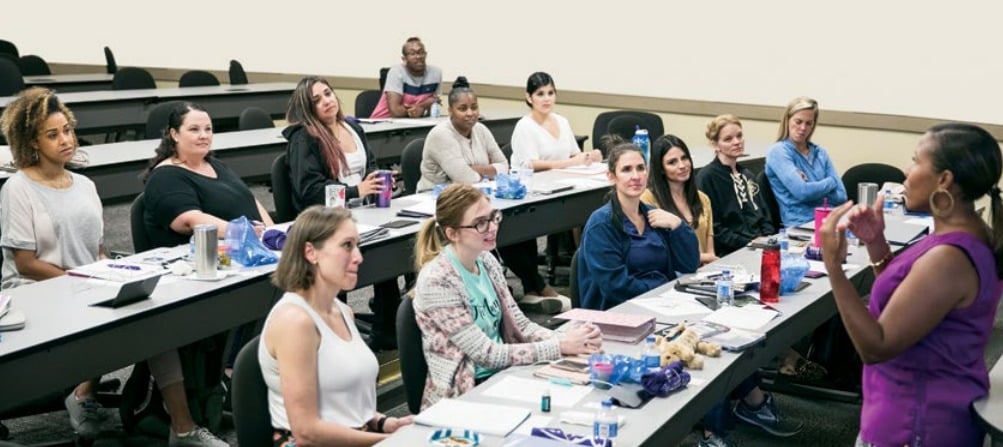At a time when the knowledge economy continues to raise the importance of postsecondary credentials and specialized and technical skills, a growing number of employers, particularly in industries that require middle-skill workers, are shifting requirements for jobs. Rather than focusing on bachelor’s degrees, they are recognizing associate degrees and other community college credentials as entry-level specifications for emerging roles.
In this new environment, community colleges — which have been the primary engine for upward mobility in higher education — must continue to show potential students clear pathways to credentials and good jobs and need to be responsive to communities and employers to work together to create new opportunities for social and economic mobility.
Achieving the Dream’s new strategic plan — released in February 2022 — calls for community colleges to be catalysts for equitable, antiracist, and economically vibrant communities. Our efforts must be directed toward making community colleges accessible hubs of learning, credentialing, and economic mobility that eliminate inequities in educational and workforce outcomes.
To further enhance those goals, ATD this year introduced a new equity statement that called on all ATD Network colleges to “honor their institutional responsibilities to create and invest in thriving local communities by leveraging their leadership positions to actualize social, economic, and racial justice.” The statement, released at our annual conference, says that “through bold actions, colleges must transform their practices to target and eliminate specific barriers to student success and address their students’ needs by centering equity within their local context.” The purpose of the statement is to set the direction we expect our colleges to navigate: institution-wide commitment to transformational change that eliminates systemic barriers, addresses student needs, and increases social justice and equity.
This year, as institutions continued to help students and communities recover from the ongoing pandemic, our own work has continued to broaden the role colleges play in the community and in the lives of students and graduates. We have focused on three crucial areas:
- Access: We are working with colleges to identify the best strategies to forestall enrollment declines and make postsecondary education and training a viable, realistic option for those who may not have considered it in the past. We are developing tools and strategies to help colleges work closely with their K–12 and community partners to assess, strengthen, and broaden dual enrollment, early college, and other college in high school programs. And we are supporting colleges working to provide more flexible opportunities for adult learners who are seeking to complete a credential or reskill while juggling multiple responsibilities.
- Momentum: Achieving the Dream has stepped up its efforts to help institutions introduce holistic student supports, shorten academic terms, and integrate new technologies in gateway courses for greater student success. We are introducing comprehensive efforts to create a culture of teaching excellence in every discipline and supporting collaboration between academic and student affairs to ensure alignment of learning inside and outside of the classroom.
- Mobility: We are working with key partner organizations to broaden measures of institutional success to include community-based indicators that demonstrate how community colleges — collaborating with employers and community organizations — can drive more equitable social and economic mobility. We are working with rural communities to create better pathways for their students into the digital economy, supporting community colleges addressing worker shortages in critical fields such as healthcare, and establishing communities of practice that are developing new strategies to create more vibrant communities.
We are deeply grateful for our current partners in this work, including the courageous and committed community college leaders in our network. We invite you to help us in this quest. Let us know if you are interested in partnering with us as we advance this new strategic agenda.
Read our 2022 Annual Report